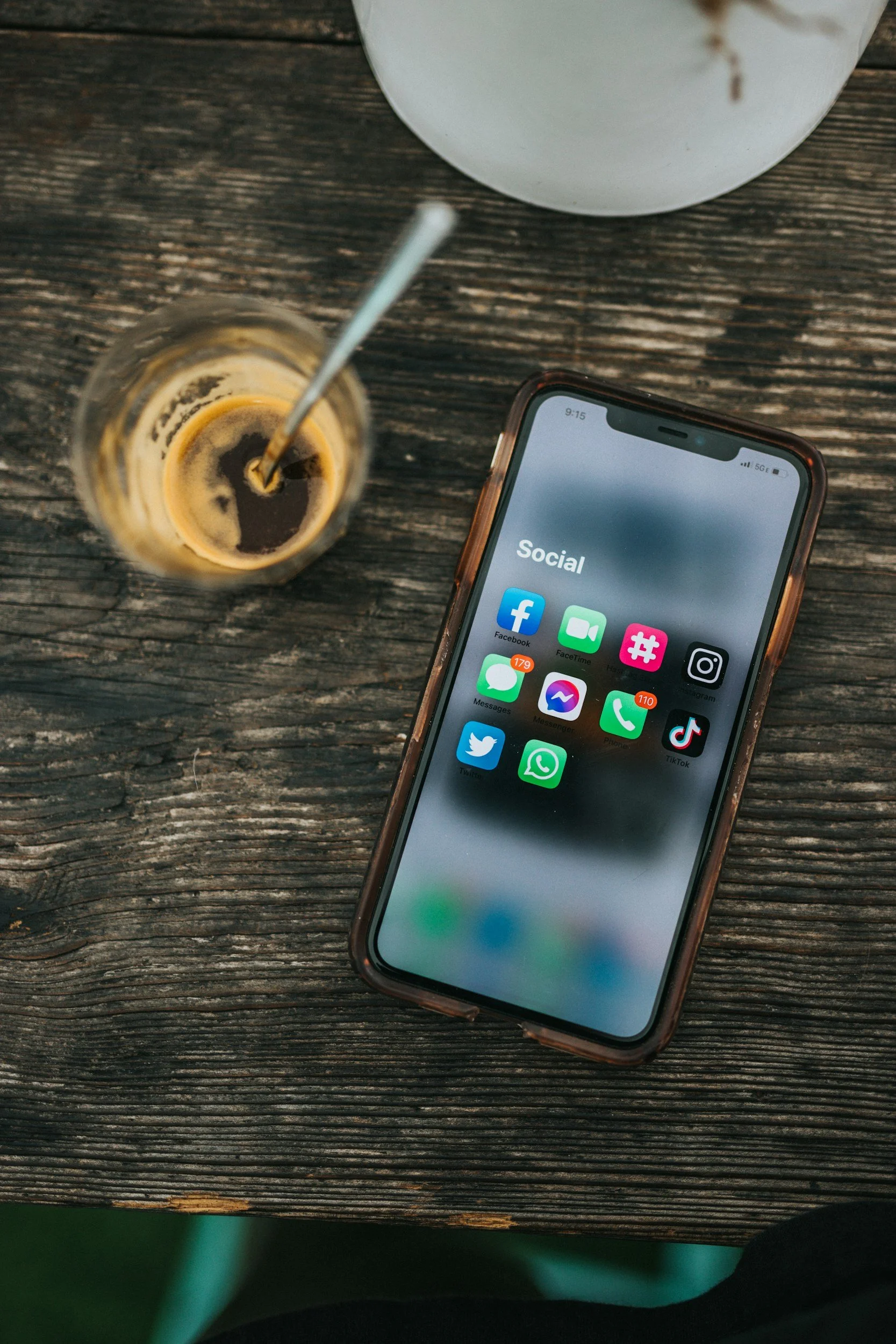By Heather Yowell
Forty-two years ago, I began to lose my hearing due to a brainstem stroke that followed the removal of a large brain tumor (a low grade astrocytoma or "brainstem glioma") from my cerebellum. But now, decades later, new hearing aids with advanced artificial intelligence are beginning to truly help my hearing.
Stroke survivor Heather Yowell, shown here with her late pug, is finding her tinnitus has diminished using two hearing aids.
It was the 1980s and I remember when I returned to school in the 4th grade after my surgery, I had to rely on my classmates to take notes for me. I did have a small tape recorder, but I didn't use it much due to some mild auditory processing problems and the constant ringing in my ears that I now know as tinnitus.
Severe hearing loss is isolating and depressing. I struggled to hear and could not participate in after-school activities. Even during college I avoided classmates, and the hearing aids that were available at the time I could not use because the controls were too tiny for me to adjust.
I got my first hearing aid in 2015. It fit inside my left ear and it was great at first, but after six to eight months I noticed I wasn't hearing well any longer, so I asked my then audiologist to use her computer's tinnitus program to mask background noise. Masking also didn't help much or for very long.
Heather is inspired by the music of her cousin Jay Roecker, an accomplished singer-songwriter.
I had to increase the volume by 50 decibels in order to hear. In addition, I was told that due to my auditory nerve damage, a second hearing aid would not help me.
Then I read about hearing (auditory) therapy in Hearing Health Foundation's magazine. Between brain trauma and genetics the odds were stacked against me, but I had to try. With regular use of hearing aids, this type of therapy aims to mask the annoying buzz of tinnitus, but I wasn't sure how to begin. I needed a plan.
So I persevered. Maybe, if I listened to something each day my brain would eventually adapt to sounds and my hearing would improve.
My brother Brandon gave me an MP3 player downloaded with music, and then my cousin Jay Roecker, an accomplished singer-songwriter, helped me set up my blog where I could share my experiences and inspirations. Jay let me share additional music. His inspiring song, “A New Day for You,” quickly became a motivational theme for what I was doing for my hearing and for my writing.
Today I am so grateful to be able to hear again. My hearing specialist retested my hearing and I was diagnosed with a severe flat hearing loss. My hearing had worsened, but the using two new hearing aids helped my brain to better coordinate sounds. These new aids fit comfortably over the top of the ear (which I'm told is more efficient) and the microphone is worn inside the ear, and when I wear these new aids the annoying tinnitus is barely noticeable!
I wanted to share this story in hopes others who have been struggling with tinnitus or hearing loss to keep trying and asking questions to get answers and better outcomes.








These findings suggest that the ability to integrate what is seen with what is heard becomes increasingly important with age, especially for cochlear implant users.